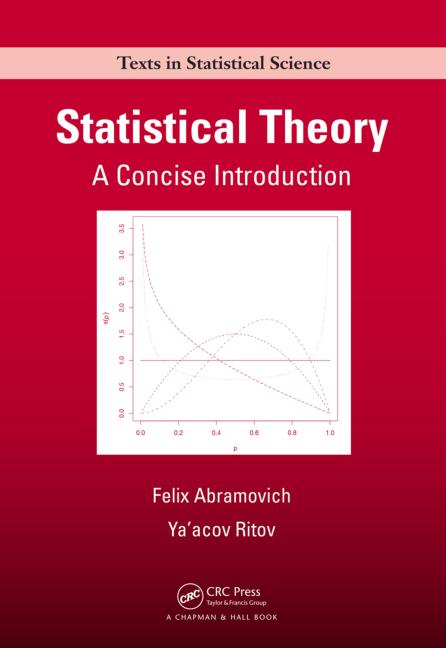Given a set of probability measures $\mathcal{P}$ representing an agent's knowledge on the elements of a sigma-algebra $\mathcal{F}$, we can compute upper and lower bounds for the probability of any event $A\in\mathcal{F}$ of interest. A procedure generating a new assessment of beliefs is said to constrict $A$ if the bounds on the probability of $A$ after the procedure are contained in those before the procedure. It is well documented that (generalized) Bayes' updating does not allow for constriction, for all $A\in\mathcal{F}$ \cite{seidenfeld_dil}. In this work, we show that constriction can take place with and without evidence being observed, and we characterize these possibilities.
翻译:根据一组概率度量 $\ mathcal{P}$( 代表代理商对 sigma- algebra $\ mathcal{F} $( mathcal{ F} $) 元素的知识, 我们可以计算任何事件概率的上限和下限 $( A\ in\ mathcal{ F} $ ) 。 产生对信仰进行新评估的程序据说会限制A$( 美元), 如果程序前的程序包含对美元概率的限值。 有充分的文献证明, 贝耶斯的更新( 一般化的) 不允许收缩, 对所有 A\ inceiden Feld_ dil} 来说, $ (cite{ seiden Feld_ dil ) 。 在这项工作中, 我们显示, 收缩范围可以在没有证据被观察的情况下发生, 我们描述这些可能性 。



